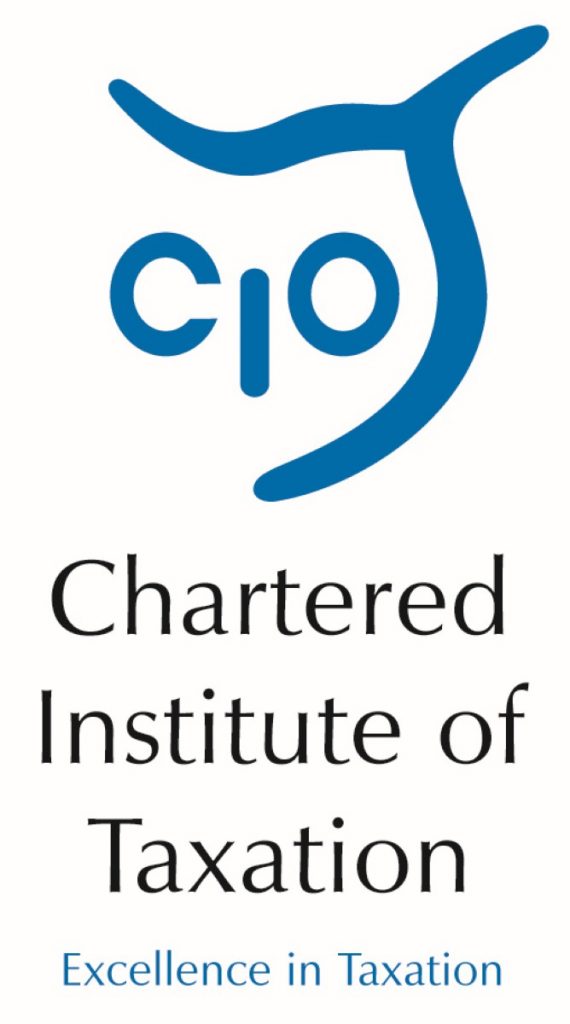A proposed new 25% tax charge on moving funds overseas from a UK registered pension scheme should have additional exemptions for people who are genuinely moving overseas, says the Chartered Institute of Taxation (CIOT).
The Chancellor announced in today’s Budget that with immediate effect transfers of UK tax-relieved pension funds to overseas pension schemes will be subject to a 25% tax charge on transfer unless at the point of transfer both the individual and the pension savings are in the same country, both are within the European Economic Area (EEA) or the Qualifying Recognised Overseas Pension Scheme (QROPS) is provided by the individual’s employer.
Colin Ben-Nathan, Chair of the CIOT’s Employment Taxes Sub-committee, said:
“In imposing a 25% tax charge on transfer, the Government appears to want to dissuade individuals from transferring their pension savings from UK schemes to overseas schemes that are perhaps aimed at letting savers have early access to their money tax-free. Such a move by the Government to tackle pension liberation schemes is understandable.
“In many cases, however, there will be genuine reasons for wanting to move pension funds outside of the UK, e.g. emigration, full-time working abroad, etc. What is needed therefore is some flexibility to permit tax-free transfers in appropriate cases.
“The Government proposes a number of exceptions to the tax charge in such situations, e.g. where the QROPS and individual are in the same country post transfer, both are in the EEA or the pension scheme is provided by the individual’s employer.
“These exceptions are welcome but the CIOT is concerned that they are not wide enough. While there may be relatively small numbers of people unfairly affected, the impact on each such individual could be very significant. As an example, a tax-free transfer from the UK would become taxable in the UK if within 5 years the individual ceased to be resident in the country to which the pension funds were transferred. We think that to allow internationally mobile workers to freely move between countries without incurring a tax charge on their former UK pension savings, the Government should consider extending the exemptions to include transfers to the country of which the individual is a citizen.
“The need for adequate, early stage consultation is crucial so that potentially unfair anomalies can be ironed out before reforms such as this are introduced.”
Notes for editors
1. The Chartered Institute of Taxation (CIOT)
The CIOT is the leading professional body in the United Kingdom concerned solely with taxation. The CIOT is an educational charity, promoting education and study of the administration and practice of taxation. One of our key aims is to work for a better, more efficient, tax system for all affected by it – taxpayers, their advisers and the authorities. The CIOT’s work covers all aspects of taxation, including direct and indirect taxes and duties. Through our Low Incomes Tax Reform Group (LITRG), the CIOT has a particular focus on improving the tax system, including tax credits and benefits, for the unrepresented taxpayer.
The CIOT draws on our members’ experience in private practice, commerce and industry, government and academia to improve tax administration and propose and explain how tax policy objectives can most effectively be achieved. We also link to, and draw on, similar leading professional tax bodies in other countries. The CIOT’s comments and recommendations on tax issues are made in line with our charitable objectives: we are politically neutral in our work.
The CIOT’s 18,000 members have the practising title of ‘Chartered Tax Adviser’ and the designatory letters ‘CTA’, to represent the leading tax qualification.
Contact: George Crozier, Head of External Relations, 0207 340 0569 or gcrozier@tax.org.uk (Out of hours: 07740 477 374)





-01.png)